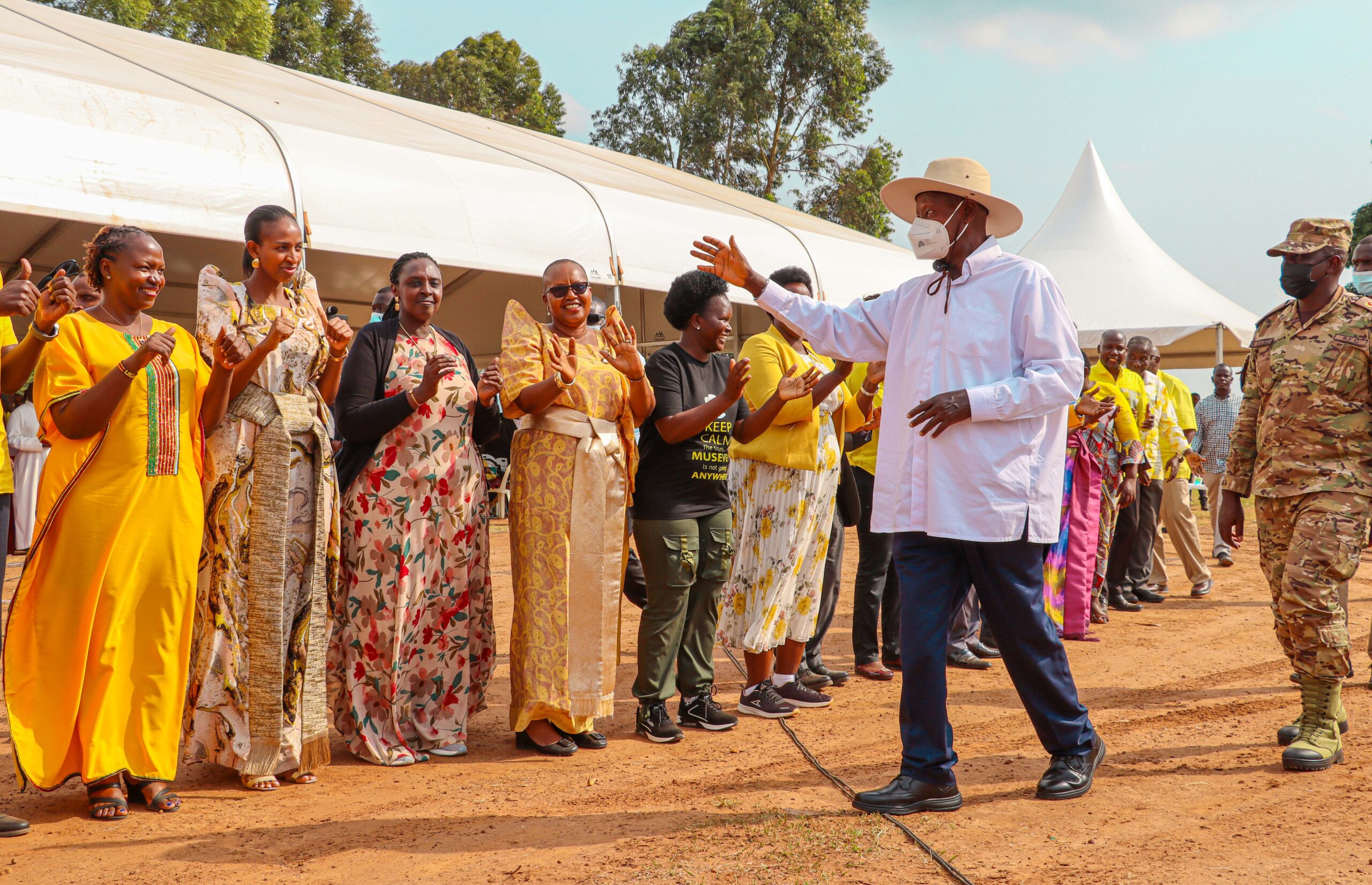
Bukedea: Model farmers in Akwarikwar Sub County in Bukedea district received the seventh shipment of high-breed goats from the president’s office as part of the program to alleviate poverty.
James Peter Okia, the chairperson of the Akwarikwari model parish coordinating committee, accepted the consignment.
Okia reported that 175 goats were delivered.
On Tuesday of this week, Mr. Okia stated, “I want to report clearly that this afternoon we have received a total of 175 high-breed goats from the state house under the program of poverty alleviation.”
Additionally, Mr. Okia stated that the sixty-two model farmers in the villages of Acelakweny, Obarangan, and Omuroka village are to profit from the goats that were received.
“There are seventeen villages in the Akwarikwar Sub County, but the project is piloting in ten villages, of which we have covered seven so far,” Mr. Okia continued.
Enhancing household income is the project’s goal, according to Ms. Hellen Akello Ekumu, the project coordinator for the eastern region, who spoke with this magazine.
According to her, the project is presently piloting in Akwarikwar and Kolir Subcounties.
The administration is committed to improving people’s lives, and Ms. Akello stated, “Once we see that this project is helping people, we will expand it to the entire district of Bukedea.”
But Akello assigned the chairpersons of the local councils to make sure the projects were as secure as possible.
The chosen recipients of these goats’ benefits are being helped, while some people are just waiting to pilfer. Ms. Akello said, “Let’s help people protect their goats from thieves.”
Prior to receiving, the beneficiaries received training on disease control and goat management, according to field supervisor Mr. Sam Ometum.
According to Mr. Ometum, “the farmers receive training on disease control, and they are aware that the goats are not for sale but rather for livelihood improvement.”
Three superior breed goats were given to each model farmer.
Among the beneficiaries are Mr. Stephen Opulet and Hellen Namanja, who praise the idea.



